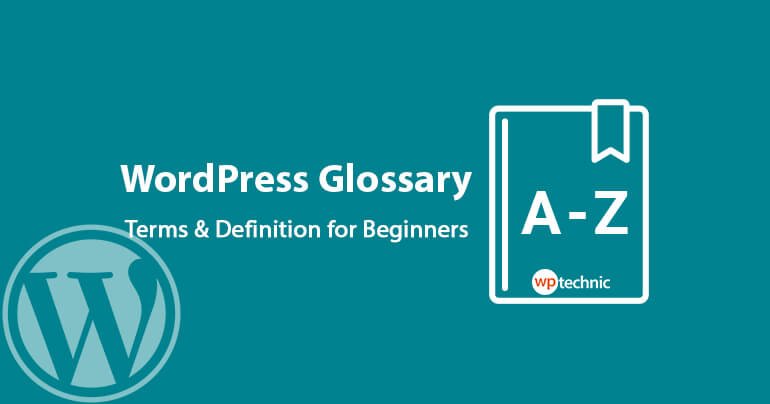In WordPress, “meta” refers to information about a post, page, or other content on your site that is not displayed to visitors but is used by WordPress to manage and organize your content.
Some examples of metadata in WordPress include:
- Post meta: This includes information such as the post author, the date and time the post was published or last updated, and any custom fields that have been added to the post.
- User meta: This includes information about each user on your site, such as their name, email address, and role, as well as any custom fields that have been added to their user profile.
- Comment meta: This includes information about each comment on your site, such as the comment author, the date and time the comment was posted, and any custom fields that have been added to the comment.
Metadata is typically stored in the WordPress database and can be accessed and manipulated using various WordPress functions and APIs. This metadata can be used to help organize and filter your content, as well as to display additional information about your posts or pages, such as author information or post tags.

